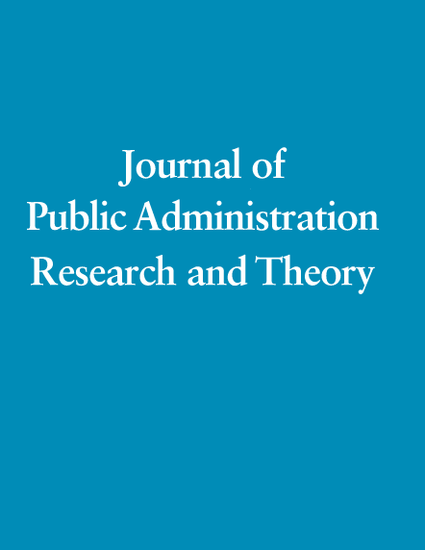
Boyne and Dahya (2002) posit that the means, motives, and opportunities available to top managers will affect their ability to impact organizational performance. In this analysis, I test the theory posited by Boyne and Dahya and expand the model by exploring whether the performance effects of executive succession differ between an internal promotion and an external hire. Using Texas school superintendents as the managers in question, I use pooled, time-series data to test both the immediate and the long-term effects of managerial succession on performance. The findings reveal that an immediate, negative effect of executive succession is present only in the case of an externally hired replacement and that the long-term effect of managerial change on organizational performance is positive. These findings suggest that public managerial succession does influence organizational performance.
Available at: http://works.bepress.com/greg_hill1/3/
